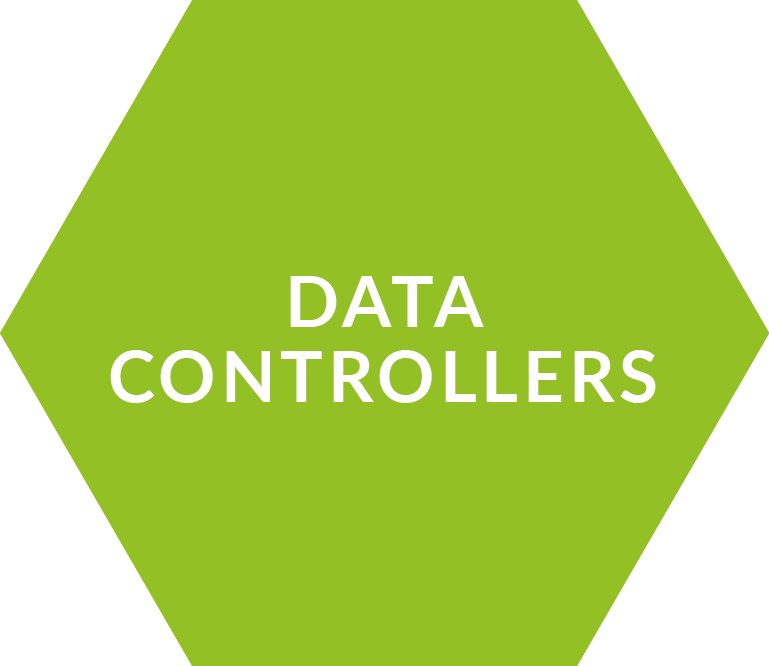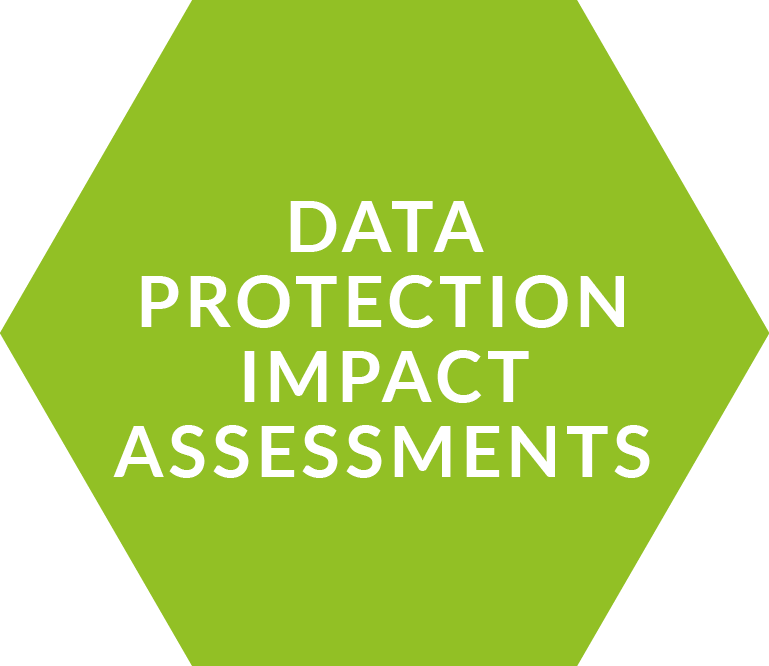Recognising the role of individuals and organisations involved in the design, management, and use of collaborative information systems necessitates appreciating the responsibility shouldered by each individual and group involved. This includes considering how actions could impact those engaged in the system as well as in greater society.
- Be responsive in accordance with the duties of your role.
- Ensure that there are established and meaningful ways for redress when things go wrong.
Further information
Traditionally, responsibility has been tightly linked with accountability and control. Namely, someone can he held responsible for mistakes when they have both an understanding (i.e. they can account for) and control of the outcomes and the overall process that they are overseeing. However, this linear conception of responsibility is being challenged by technological advances such machine-learning algorithms which are being increasingly used in areas such as security, policing, healthcare, humanitarian response, etc. The reason being that since due to the complexity and volume of code and data involved, it’s not easy or even possible for the programmers to hold overall control.
In collaborative information management settings, the issue of responsibility further complicates this linearity adding another dimension. Here, recognising the role of individuals and organisations involved in the design, management, and use of collaborative information management systems necessitates appreciating the responsibility shouldered by each individual and group involved. This includes considering how actions could impact those engaged in the collaboration as well as the greater society.
Still, responsibility can be rendered meaningless if there are no established ways for redress and ways to be held accountable when things go wrong. It is in this sense that responsibility, accountability and trust are linked in such a way as to strengthen (or undermine) each other.
Sources
Mittelstadt, Brent Daniel, Patrick Allo, Mariarosaria Taddeo, Sandra Wachter, and Luciano Floridi. “The ethics of algorithms: Mapping the debate.” Big Data & Society 3, no. 2 (2016)
Petersen, K. et al. (2015) D2.02 ELSI guidelines for collaborative design and database of representative emergency and disaster. SecInCoRe EU Deliverable. [Link]
SATORI (2016) Ethics assessment for research and innovation – Annex A. CWA SATORI-1:2016 [Link]
Weitzner, D. J., Abelson, H., Berners-Lee, T., Feigenbaum, J., Hendler, J., and Sussman, G. J. (2008). Information accountability. Communications of the ACM, 51(6), 82–87. [DOI]



